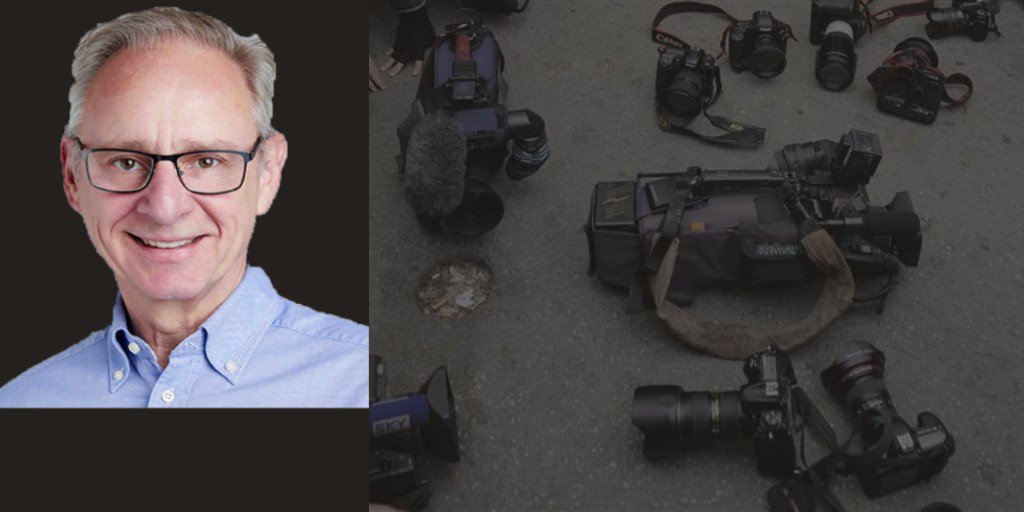Jyoti
5:54
5:56
5:58
5:59
6:00
6:01
6:01
6:05
6:05
6:06
6:06
6:07
6:08
6:09
6:13
6:15
6:15
6:16
6:17
6:18
6:19
6:24
6:24
6:25
6:28
6:28
6:29
6:29
6:30
6:32
6:34
6:35
6:35
6:36
6:40
6:40
6:41
6:42
6:43
6:45
Connecting…











